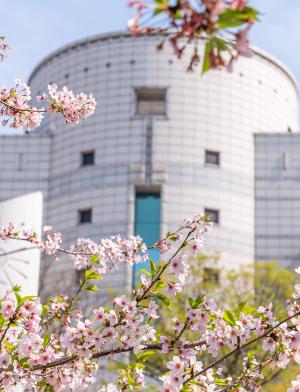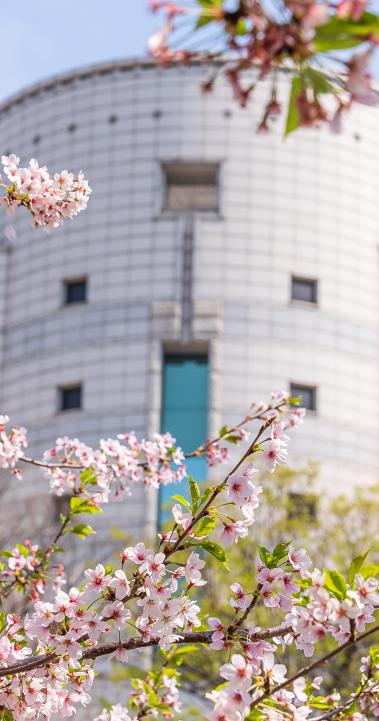Korean Culture at a Glance
Embracing a new culture through study abroad in Seoul is an invaluable experience. Traditional Korean culture is based on the values of community, family, and respect for one's elders and ancestors. Here is a glimpse into the culture and values of this magnificent nation, along with some basic social norms.
Family
The family is the most significant component of Korean culture, and the father is the leader of the home. Most young adults live at home with their parents until they marry. Even today, traditional Korean values such as respect for one's family, diligence in one's job, selflessness, and loyalty to elders are highly valued. To a Korean, seniority, age, and reverence for one's ancestors are all significant. They exchange presents and bow to one another.
Community
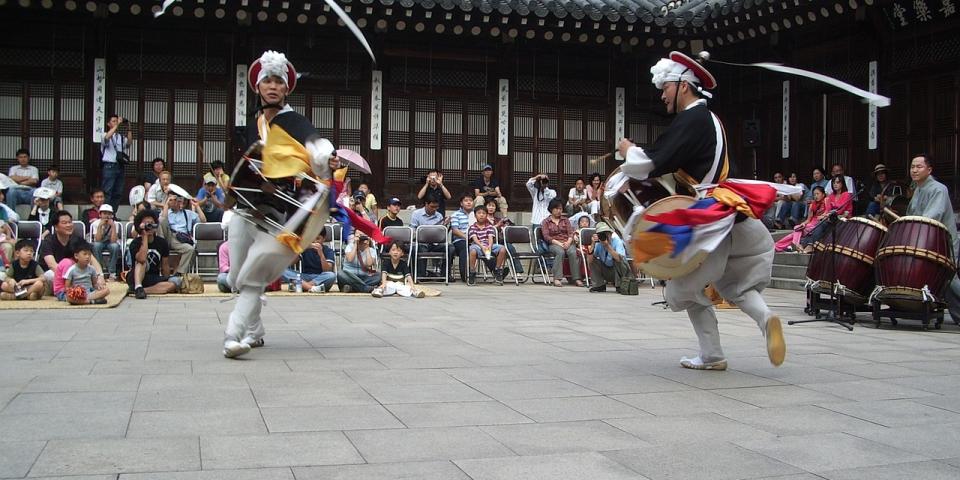
Socially, Koreans value the group above the individual, and they consider the country to be very significant. Respect and deference for those with more rank, age, or position (such as parents, instructors, elder siblings, and senior coworkers) are firmly ingrained in Korean culture and traditions.
All year round, the nation is bustling with festivals and festivities. The most widely observed holidays in this country include Christmas, Independence Movement Day, the birthday of Buddha, Children's Day, Memorial Day, Liberation Day, Chuseok (harvest moon festival), and the Lunar New Year (Seollal). Make every effort to fully participate in the celebrations if you find yourself studying abroad at one of these times!
Using Two Hands
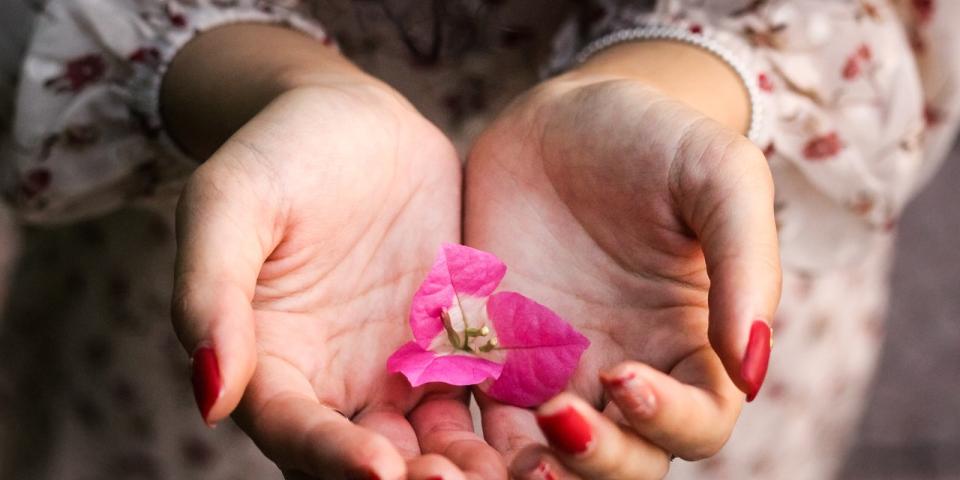
Using both hands in South Korea is the norm when receiving or passing an object. When someone extends their hand to shake your hand, it's polite to use both of your hands gently.
Social Rules
It's best to keep your distance from other people and avoid making physical contact with them, particularly in crowded places like bus or train stations. It shows respect to locals to never sit in the reserved seats on the bus or subway for those who are pregnant, have a disability, or are old, even if no other seats are available.
Wearing shoes inside a house is considered impolite since it brings filth and grime inside. The hyun-gwan, a traditional Korean home design element, often has shoe cabinets that double as extra storage space.
A simple bow or nod is a polite way to greet someone. The depth of the bow demonstrates the level of respect shown. Bowing is also a common way to express gratitude or say goodbye.
Dining Traditions
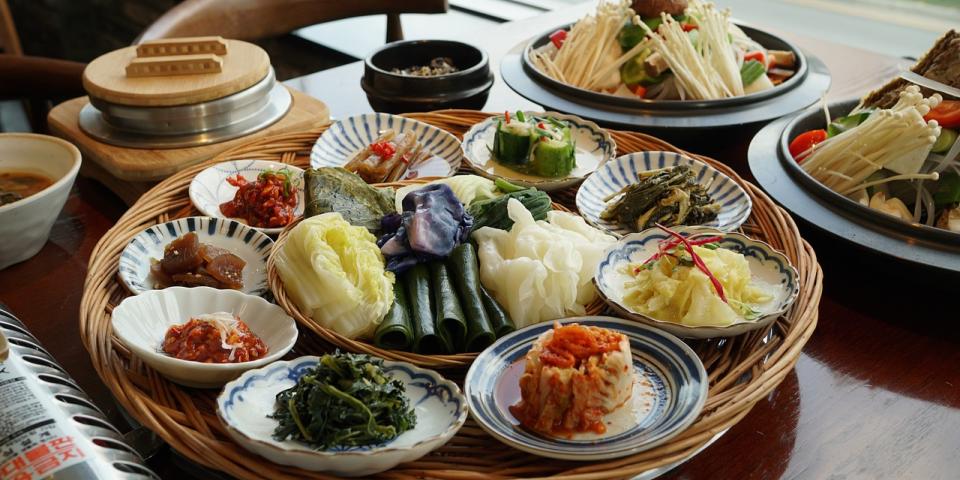
According to traditional Korean dining etiquette, the eldest person should start eating before the rest of you after everyone is seated at the table. Sharing food is a sign of good manners while dining with other people. There should be no food hoarding. Refilling one's drink, particularly with alcohol, is also seen as impolite. Korean eating culture places a premium on politeness, so after the dinner, be sure to add the phrase "thank you" into your discussion; they will be grateful.
In Korea, it is not customary to leave tips at restaurants, transportation, or hotels.
Some people may find these tips overwhelming initially, but they're simple to remember and you'll quickly become accustomed to them. When you’re ready to witness Korea’s wonderful society, book a consultation with an SAF advisor.



